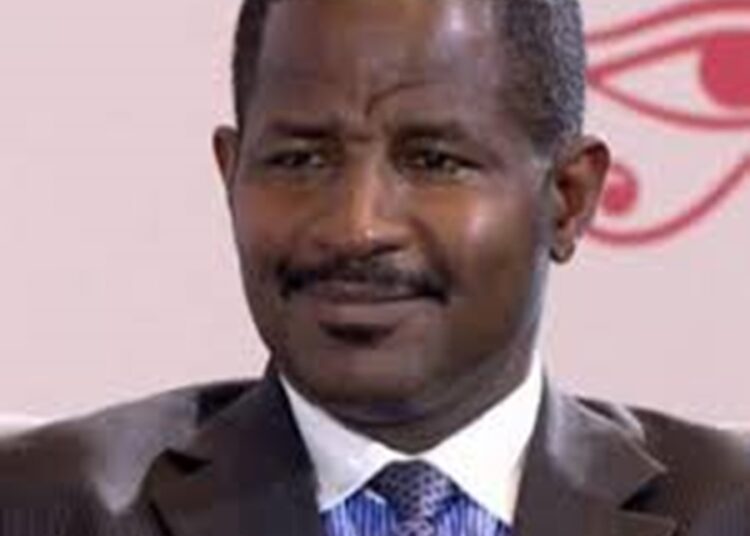Dr. Bashir Gwandu, former Executive Vice Chairman of the Nigerian Communications Commission (NCC), has called for unity among African nations in securing spectrum allocations crucial for expanding mobile connectivity, especially in underserved rural areas. His appeal came during the Sub-Saharan Spectrum Management Conference 2024, held in Nairobi, Kenya.
Speaking as an Independent Spectrum Expert, Dr. Gwandu underscored the importance of collaboration ahead of the International Telecommunication Union’s World Radiocommunications Conference 2027 (WRC-27). He emphasized that spectrum allocation decisions have far-reaching implications for bridging Africa’s urban-rural digital divide and fostering inclusive development.
“When we meet as a family, we must be honest with ourselves. Too often, we compete against each other for the back seat, neglecting our shared interests,” Gwandu said. He urged African countries to prioritize unity to strengthen their collective voice on the global stage.
Key Discussions on the 600 MHz Band
Central to the discussions was the 600 MHz spectrum band, a critical frequency range for supporting 4G and 5G mobile networks. While several countries worldwide have embraced its allocation for International Mobile Telecommunications (IMT), Africa remains divided. Some nations are prepared to adopt the band for mobile services, while others are hesitant due to varying readiness levels.
Dr. Gwandu stressed that countries not ready to transition to IMT should not hinder those prepared to proceed. “The world is moving toward IMT in the 600 MHz band,” he stated, calling for flexibility to accommodate the unique circumstances of each nation. He noted that solutions suitable for smaller countries like Rwanda or Benin may not work for larger nations such as Nigeria or Namibia.
Challenges of Disunity
Gwandu expressed disappointment over waning collaboration within the African Telecommunications Union (ATU), which he helped establish to coordinate Africa’s positions at WRC meetings. He cited recent incidents, including a controversial decision at WRC-23 where Egypt advanced its 600 MHz mobile allocation, while Rwanda, Guinea, Benin, and Cameroon blocked similar requests from 10 other African countries.
This move, Gwandu argued, violated ATU rules requiring proposals opposed by eight or more countries to be rejected. With 11 nations opposing the “No Change” (NOC) position, he contended that those seeking 600 MHz allocation should have been allowed to proceed.
Bridging the Digital Divide
Africa faces a 50% urban-to-rural connectivity gap, exacerbated by high energy costs and uneven infrastructure. Gwandu emphasized that spectrum allocation decisions must align with regional realities to ensure equitable connectivity and sustainable growth.
“A united approach to spectrum allocation is not just about policy—it’s about transforming lives in rural communities that remain disconnected from the digital economy,” he said.
Gwandu’s call for unity comes at a pivotal time as Africa prepares for WRC-27, with the potential to reshape the continent’s digital future through equitable and strategic spectrum management.




